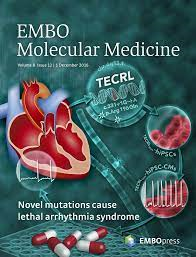
A spectre is haunting biomedical research: It appears that a substantial fraction of published research results cannot be reproduced, while spectacularly successful novel treatments developed in experimental models of disease too often fail in clinical trials. A reproducibility crisis has been proclaimed, and bench-to-bedside translation appears to be lost in a “valley of death”. In this commentary, Ulrich Dirnagl and colleagues discuss how both predicaments, non-reproducibility and translational roadblocks, are connected: Why should we expect to successfully “trans-late” results to humans, if already “cis-lation” – that is, the generalization from one experimental setting to an identical or fairly similar one – often fails?
0 Comments
Leave A Comment